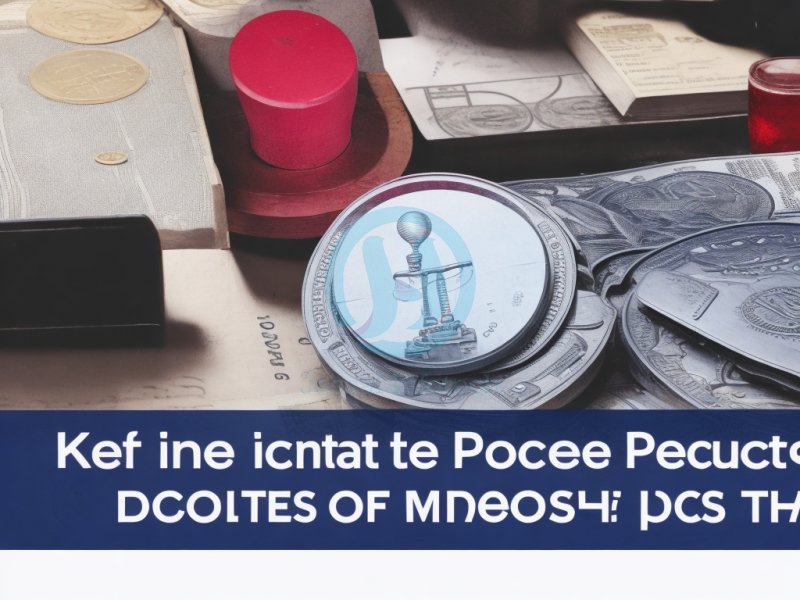
In today's knowledge-driven economy, the true wealth lies not in tangible assets but in the intangible realm of ideas and creativity. Intellectual Property (IP) has emerged as a vital catalyst for economic growth, stimulating innovation, rewarding creators, and fostering healthy competition. In this blog, we will explore the economic significance of various types of intellectual property rights, such as patents, copyrights, and trademarks. Join us as we delve into the exciting world where ideas shape the economy.
At the heart of the IP ecosystem are patents, which provide inventors and innovators with exclusive rights to their inventions. This powerful protection encourages individuals and companies to invest time, money, and effort into research and development. By granting a limited monopoly over their creations, patents incentivize risk-taking, as inventors know their efforts will be rewarded. This, in turn, drives rapid technological advancements, leading to groundbreaking products and services that transform industries.
Consider how the invention of the smartphone revolutionized communication, paving the way for a booming app economy and transforming the face of businesses worldwide. Patents not only protect the intellectual property but also stimulate a ripple effect that boosts job creation, attracts investment, and propels economic growth.
Copyrights play a crucial role in safeguarding artistic and literary works, from books and music to films and software. By offering creators exclusive rights to reproduce, distribute, and display their creations, copyrights provide the financial incentive needed for artists to flourish. This encouragement for creativity has a significant impact on the cultural landscape, as it nurtures diverse expressions of art, music, literature, and entertainment.
The music industry serves as a prime example of the economic influence of copyrights. Digital platforms and streaming services have transformed the way music is consumed, generating billions in revenue for artists, producers, and distributors. Without copyrights, creators might be discouraged from producing new content, leading to a loss of cultural richness and economic opportunities.
In a crowded marketplace, trademarks are the bedrock of brand identity. They provide businesses with a distinct image, slogan, or logo that sets them apart from competitors. A strong trademark builds consumer trust and loyalty, allowing companies to establish long-lasting relationships with their customers. This brand recognition drives demand for products and services, directly impacting a company's bottom line.
Imagine iconic brands like Apple, Coca-Cola, or Nike without their recognizable trademarks. Consumers might find it challenging to differentiate between products, leading to confusion and reduced sales. Trademarks not only safeguard a company's intellectual property but also enhance its market value and create a foundation for expansion.
The collective impact of intellectual property rights extends far beyond individual businesses. Robust IP protection fosters an environment conducive to entrepreneurship, attracting foreign investments and promoting trade partnerships. Countries with strong IP frameworks become attractive destinations for businesses seeking security for their innovations, which, in turn, boosts economic growth.
Moreover, intellectual property also fuels knowledge transfer and technology-sharing agreements between nations. This collaborative approach leads to the exchange of ideas, best practices, and innovative solutions, propelling global progress.
The role of intellectual property in the economy cannot be overstated. Patents, copyrights, and trademarks serve as essential tools, driving innovation, empowering creativity, and fostering economic growth. By rewarding inventors, creators, and businesses for their ideas, intellectual property rights create a thriving ecosystem that benefits society as a whole.
As we embrace the power of ideas and continue to protect and promote intellectual property, we can envision a future where innovation knows no bounds, creativity flourishes, and economies flourish in an ever-evolving world. So, let's celebrate the brilliance of human intellect and honor the creators and inventors who shape our future with their invaluable contributions.
Are you interested in exploring more exciting topics at the intersection of technology, creativity, and society? Stay tuned for more insightful content! Don't forget to share this article with your friends and colleagues.
Share This News